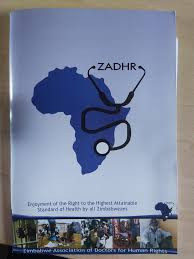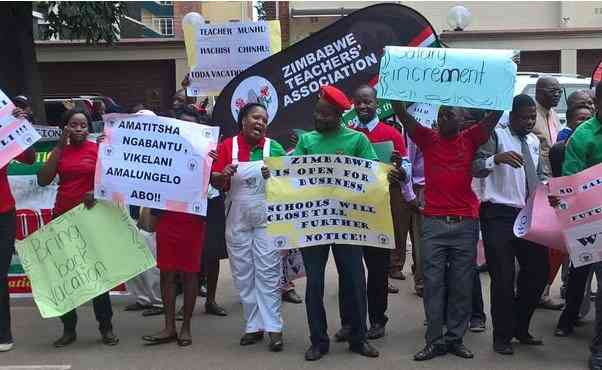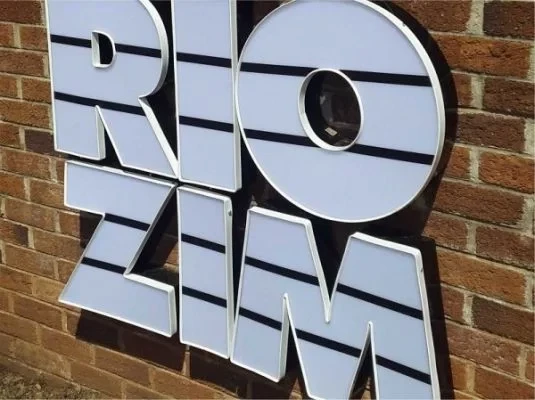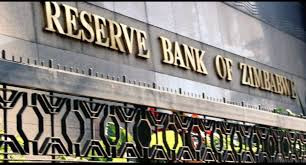BY VENERANDA LANGA
Various youth organisations yesterday called on leaders to end tyranny and provide a safe and open environment for everyone to participate in the country’s political and socio-economic activities.
The youths and churches met in Harare during a Zimbabwe Council of Churches (ZCC)-facilitated dialogue to commemorate the youth care week and discussed political and socio-economic issues affecting them, among others.
Tatenda Madondo, a participant and spokesperson for the Zimbabwe National Students’ Union, said the political space in Zimbabwe was not youth-friendly due to violence and lack of constitutional democracy.
“There is no constitutional democracy and people are arbitrarily arrested and convicted, and there is no separation of powers in the three arms of the State, and the country cannot be open for dialogue and business if it is not open to its (own) citizens,” Madondo said.
“Politics in both the ruling Zanu PF and MDC Alliance is toxic and there is need for consultation of the youths in policy formulation. We also have a bunch of politicians who occupy political space without zeal to improve the lives of the people and we have a whole Head of State threatening people when they demonstrate. As youths, we are advocating for the retirement age, not only of civil servants, but of political leadership to be reviewed because we cannot have people as old as 77 still ruling the country.”
Keep Reading
- Chamisa under fire over US$120K donation
- Mavhunga puts DeMbare into Chibuku quarterfinals
- Pension funds bet on Cabora Bassa oilfields
- Councils defy govt fire tender directive
He said it appeared as though the country was being held at ransom by both President Emmerson Mnangagwa and MDC Alliance leader Nelson Chamisa, who continue to play hide and seek on the issue of dialogue while Zimbabwe burns.
Gift Dzorai, from the National Movement of Catholic Students, called for political will to deal with corruption.
He said the Auditor-General’s reports every year exposed corruption and fraud, but there was no implementation of the recommendations or arrests of implicated individuals.
“As youths, we are affected because corruption is not only paralysing institutions, but the development and survival of youths, who constitute 65% of Zimbabweans,” he said.
Another youth Tapiwa Matavire said his colleagues were struggling to benefit from Zimbabwe Youth Council (ZYC) programmes, adding that at times, youths send their project proposals, but the ideas are stolen and surprisingly they see them being implemented by some other people.
“We also need an overhaul of the ZYC, and that its leadership must be on a rotational basis as stipulated in the Zimbabwe Youth Council Act,” Matavire said.
Tawanda Mafuta, from the United Methodist Church, said government should be committed to dealing with the drug problems in the country through policies and creation of a fund to dealing with the drug problem, as well as drug prevention and rehabilitation centres.
ZCC member of the secretariat, Samuel Sifelani, said Zimbabwe’s youths were being ignored and not given space to participate in politics, economics, religion and other sectors.





